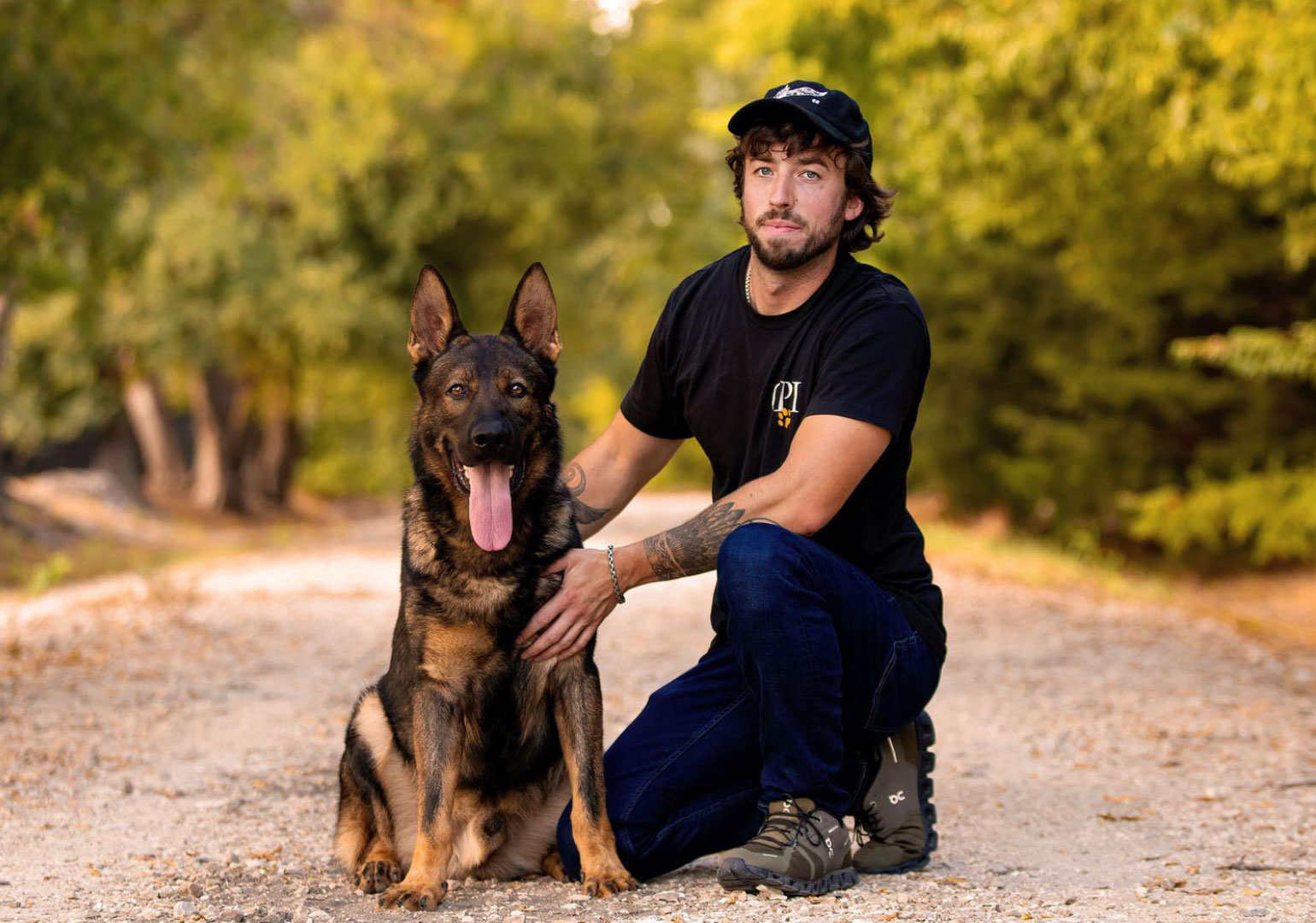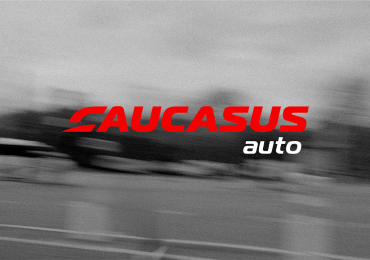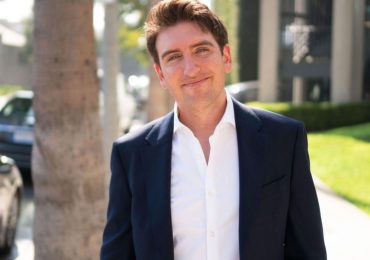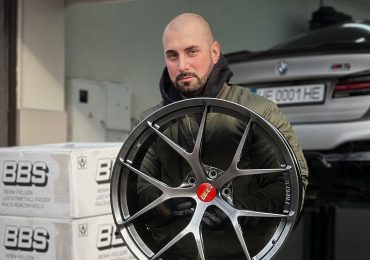Photo Courtesy of: Canine Protection International
In the early 2000s, a boy sat flipping through a DuPont Registry, drawn to the pages not only for the Ferraris or Bentleys, but for something else. There, in between gleaming hoods and luxury interiors, was a full-page ad: a woman flanked by two black and red German Shepherds. The dogs stood proud, their eyes forward, muscles taut beneath their fur, balanced between alertness and composure. That boy, Alex Bois, didn’t forget them.
Years later, Bois left behind his job in the automotive industry and stepped into a kennel. He joined Canine Protection International (CPI), the company behind that ad, as a trainer. A decade later, he bought it. The ad that sparked his journey now hangs on the wall of his office in Dallas, Texas.
But today, Bois is sounding a different kind of alarm. The protection dog industry, worth more than $1.2 billion and growing fast, is, in his words, “under siege, not by danger, but by delusion.”
A Market of Illusion
Luxury markets have always been shadowed by mimicry. A real diamond inspires fakes. A rare car invites replicas. In the case of protection dogs, the imitation is not just aesthetic; it’s dangerous.
Canine Protection International estimates thousands of dogs are sold each year as “trained protection dogs.” Some command prices upwards of $200,000. They come with edited videos, sleek websites, and phrases like “trained on intent” or “elite working dog.” But Bois says the training often amounts to nothing more than choreography.
“A real protection dog doesn’t wait for a man in a bite sleeve to act aggressively,” he explains. “He responds to the handler and the world as it is—unpredictable, chaotic, and full of nuance.”
What Bois describes is not a theory. It’s a truth rooted in hard experience. Canine Protection International has seen clients arrive in emotional distress – grieving widows, executives who were targeted, families who felt unsafe – only to realize they had been sold a lie. Dogs claimed to be “off-leash protection trained” failed to obey basic commands. Others would not even engage with a threat.
“We’ve tested dogs, only to be rejected from our program, and later sold by other companies as elite,” Bois says. “The client had no idea the dog had been deemed unfit. There is no central registry. No accountability. No rules.”
The Consequences of Ignorance
Sport-trained dogs, the kind often paraded in promotional clips, are conditioned to respond to specific cues. They may charge at a man in a padded suit but falter when presented with a silent, still threat. They perform, but they don’t protect.
And in the wrong hands, a misunderstood dog is more than ineffective; it’s a liability. Some are so poorly selected or trained that they become dangerous to their own handlers, lunging at guests or misreading innocent gestures.
Bois tells of a woman who purchased a dog following the death of her husband. The seller promised a fully trained guardian. What she received was a confused animal, unable to respond to her voice, disinterested in commands, and incapable of any protective action.
This is the price of an unregulated industry: emotional distress, financial loss, and in worst-case scenarios, physical harm.
Training That’s Real, Not Just Impressive
At Canine Protection International, dogs are not taught to perform in fields with decoys or props. They are embedded in a home, living alongside children, navigating daily life, learning to distinguish between joy and threat, between friend and foe.
CPI only trains and delivers 24 dogs a year. Each one is hand-selected from Europe, tested rigorously, and conditioned for months in Dallas. The work is quiet, focused, and personal. Bois knows the names of the families. He answers the late-night calls.
The emphasis is on functional obedience, on trust, on restraint as much as aggression.
“A good dog knows when not to bite,” Bois says. “And when it’s time, he does it for you, not for the sleeve.”
A Return to Craft
Canine Protection International offers a model that doesn’t scale easily, but maybe that’s the point. This work should not scale. It should not be franchised. Bois runs his company like a craftsman, not a merchant. He builds something that is meant to last.
The families who receive a Canine Protection International dog don’t just get an animal. They get assurance. Not because of the dog’s price or pedigree, but because of how it was trained and who trained it.
There’s something powerful in that. In a world built on appearances, this work asks for something more: patience, trust, and precision. Real protection can’t be faked. And for those who need it, nothing else will do.
















